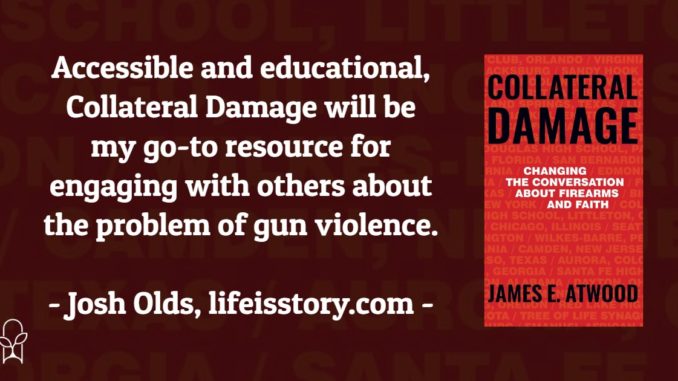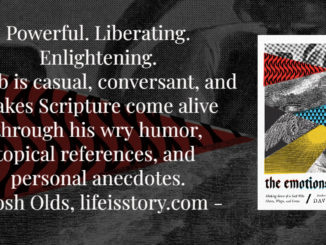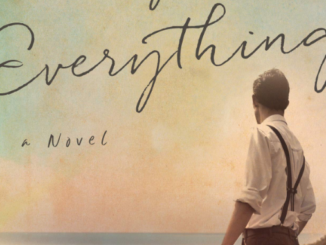
Published by Herald Press on November 5, 2019
Genres: Non-Fiction
Buy on Amazon
Goodreads

Author awarded the 2019 Beard Atwood Award from the Coalition to Stop Gun Violence
One hundred people die from gun violence every day in the United States. Some fifty children and teens are shot. There are more than 35,000 gun-related deaths every year. Yet many Christians say gun violence shouldn’t be talked about in church. In Collateral Damage, pastor and activist James E. Atwood issues an urgent call to action to Christians to work together to stop gun violence. An avid hunter for many years, Atwood enumerates the tragic and far-reaching costs that accrue in a country with more guns than people. Collateral damage includes a generalized fear and loss of trust. Suicides and homicides. Trauma for children in neighborhoods plagued by gun violence and in schools with frequent lockdown drills. A toxic machismo that shapes our boys and men in unhealthy ways. Economic costs that exceed $229 billion per year. Atwood also considers the deeper story of racism, inequality, and mass incarceration in which the conversation about gun violence is lodged. Gun violence has been called the theological emergency of our time. The church has a moral and spiritual obligation to side with life against death. Will we rise to the occasion? Free downloadable study guide available here.
On the day that I read this book, a man in a gas mask got on the northbound N train in Brooklyn and fired a gun 33 times, injuring 29 people. That was April 12. I’m writing this review on April 20 and there have been 13 mass shootings since that incident. In 2020, the most recent year for which complete data is current available, 45,222 people died from gun-related injuries in the U.S. Just over half of these were suicides. 79% of all murders in 2020 involved a firearm. Every time a mass shooting happens (or rather, every time there’s a mass shooting that’s massive enough to gain national attention), we have the same conversation about firearms. For a day. Nothing changes. And we move on. But what if we could change the conversation? That’s what James E. Atwood attempts to do in Collateral Damage.
Collateral Damage presents gun violence as “the theological emergency of our time.” Atwood talks not just about the deaths and injuries done by gun violence, but the effect that gun violence has on society—toxic masculinity, a glorification of violence, generalized fear, economic loss, and more. Atwood also considers the effect that racism, inequality, and mass incarceration play in the conversation about gun violence. Far from being an anti-gun screed, Collateral Damage offers clear and actionable policies for policing gun violence that respects gun ownership while also respecting the violence that guns can do.
This book is a continuation of Atwood’s lifelong position as a faith leader committed to combating gun violence. He has served as chair of the board of the Coalition to Stop Gun Violence and his previous book America and Its Guns was published in 2012 by Cascade Books. Collateral Damage builds on that previous work by focusing on all the collateral issues that gun culture has brought with it. It’s well-researched, even-handed, and bluntly honest. By focusing on these concomitant issues associated with gun violence, Atwood helps readers break out of the same cycle of old arguments and interjects the conversation with new trains of thought that, for many, have not been explored.
I especially appreciated that Collateral Damage held focus on the intersection of guns, race, and poverty. This facet is all too often ignored as individuals fail to understand factors underlying urban violence. The chapter on the economic damage caused by gun violence was also eye-opening. You may find that individuals—politicians and the wealthy—who might turn a blind eye to other arguments may think differently about economic issues.
Collateral Damage is a tough book to read, but it’s necessary. Using a just-the-facts approach, Atwood assesses the collateral damage done by gun violence to make a solid case for the necessity of change. Accessible and educational, Collateral Damage will be my go-to resource for engaging with others about the problem of gun violence.



